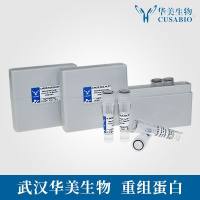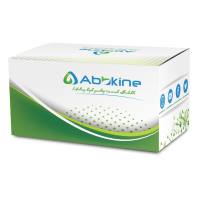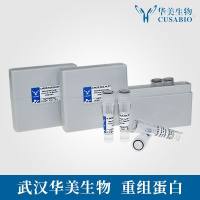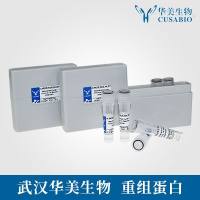This chapter considers the use of a variety of approaches to assess either the bioavailability or the bioaccessibility of metals in soil. The bioavailability of metals from soils is considered with respect to a series of single-extraction methods, including the use of ethylenediaminetetraacetic acid (EDTA), acetic acid, diethylenetriaminepentaacetic acid (DTPA), ammonium nitrate, calcium chloride and sodium nitrate. Then, a procedure for the recovery of metals using a three-stage sequential extraction protocol is described. Two alternate approaches for assessing the environmental health risk to humans by undertaking in vitro gastrointestinal extraction (also known as the physiologically based extraction test, PBET) are considered. Finally, two acid digestion protocols that allow the pseudo-total metal content of samples to be assessed are provided.
In all cases details of how the different approaches can be performed are provided, including the specific reagents required (and their preparation), details of the different extraction and acid digestion protocols to be followed and suitable analytical details to allow the measurement of metals by inductively coupled plasma mass spectrometry (ICP-MS) with/without a collision/reaction cell. A detailed Notes section provides experimental details to guide the reader through some of the practical aspects of the procedures. Finally, some experimental results are provided as evidence of the suitability of the approaches described including single-extraction data, using EDTA and acetic acid, for metals in CRM BCR 700. In addition, in vitro gastrointestinal extraction data are provided for metals in CRM SRM 1570A (spinach leaves). The influence of time on the intestinal fluid phase on the recovery of metals in CRM SRM 1570A (spinach leaves) and CRM INCT-TL-1 (tea leaves) is investigated, as well as the repeatability in terms of recovery of metals from soil over a 3-week period by in vitro gastrointestinal extraction.






